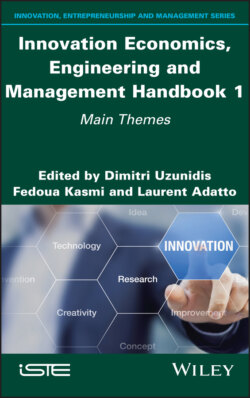Читать книгу Innovation Economics, Engineering and Management Handbook 1 - Группа авторов - Страница 38
3.6. Conclusion
ОглавлениеIn economics and sociology, the analysis of change in agriculture, including food, is part of the shifting history of technical progress towards different forms and meanings of innovation. The territorial anchoring of innovation highlights the importance of debates and controversies concerning the modification of living things, food security and agro-ecological transition. Innovation becomes an intermediate object that allows the construction of interdisciplinarity between economics and sociology by associating management, geography and agronomy.
The three dimensions that specify innovation processes in agriculture and food explain the dedicated needs for the coordination of economic agents and, therefore, the forms of professional organizations and regulatory institutions (biosafety standards, quality labels) that structure sectoral policies. Recently, agricultural innovation has been doubly challenged by the convergence of two issues: that of ecological transitions allowing for the management of the renewal conditions of ecological resources that determine the equilibrium of ecosystems and, thus, of biological and human life in an inclusive manner, and that of the acceleration of sciatic and technical progress in biotechnologies and digital technologies, which structure both the technological promises and the societal risks associated with their conditions of realization.
